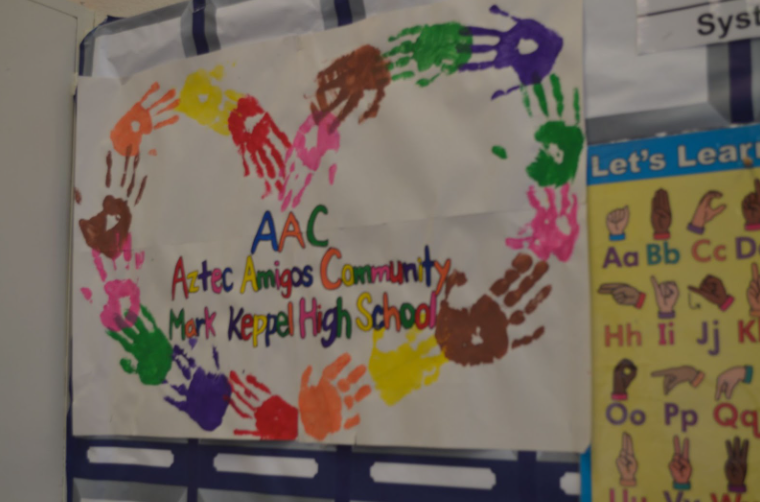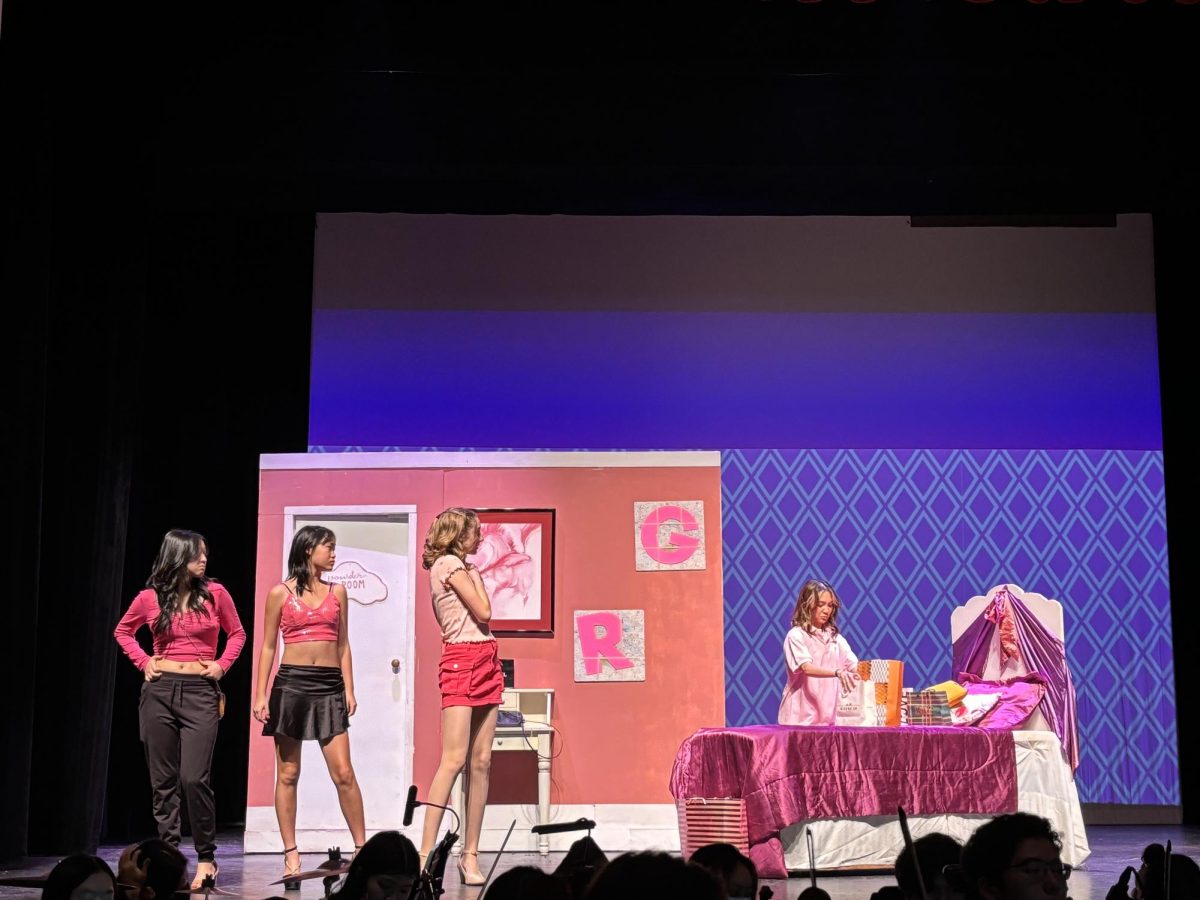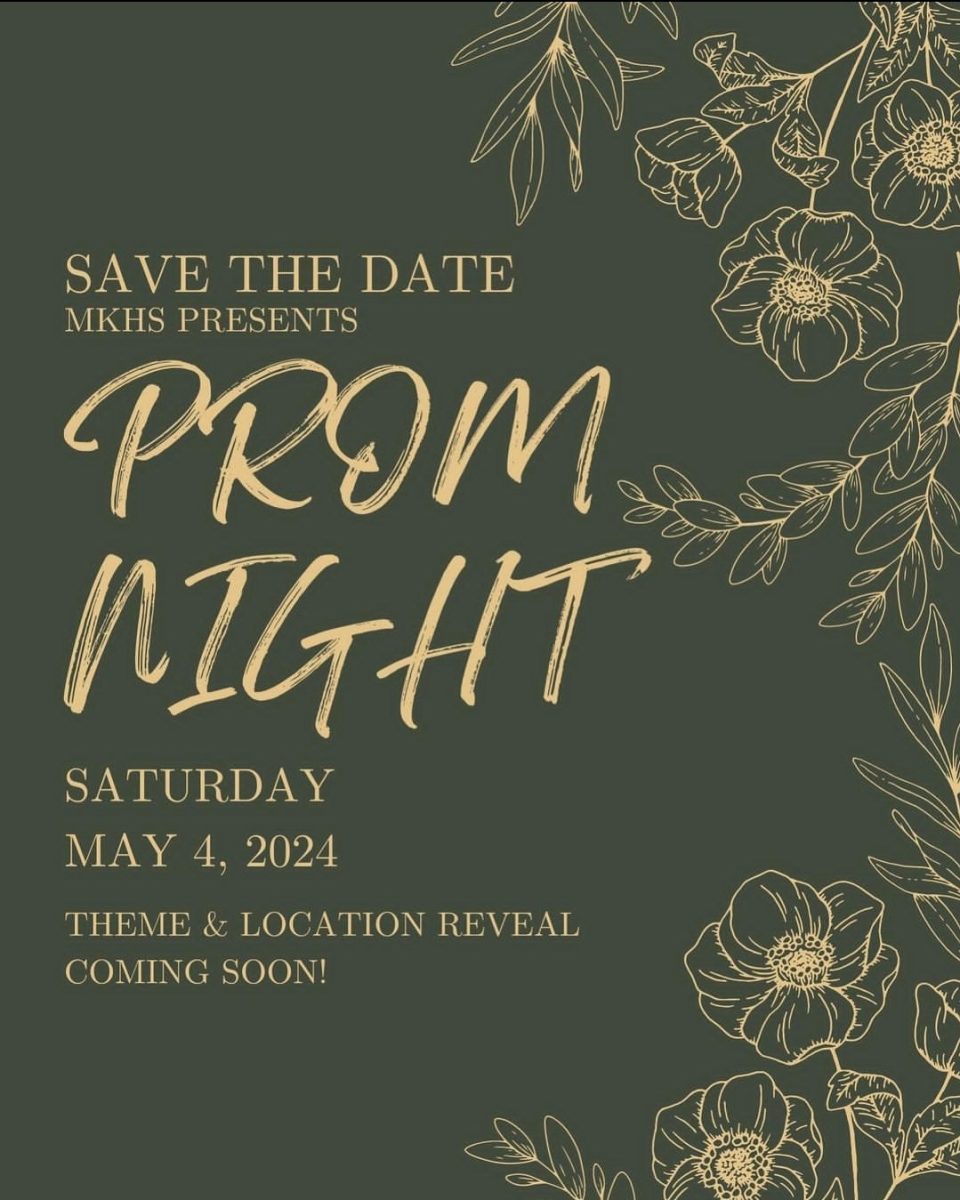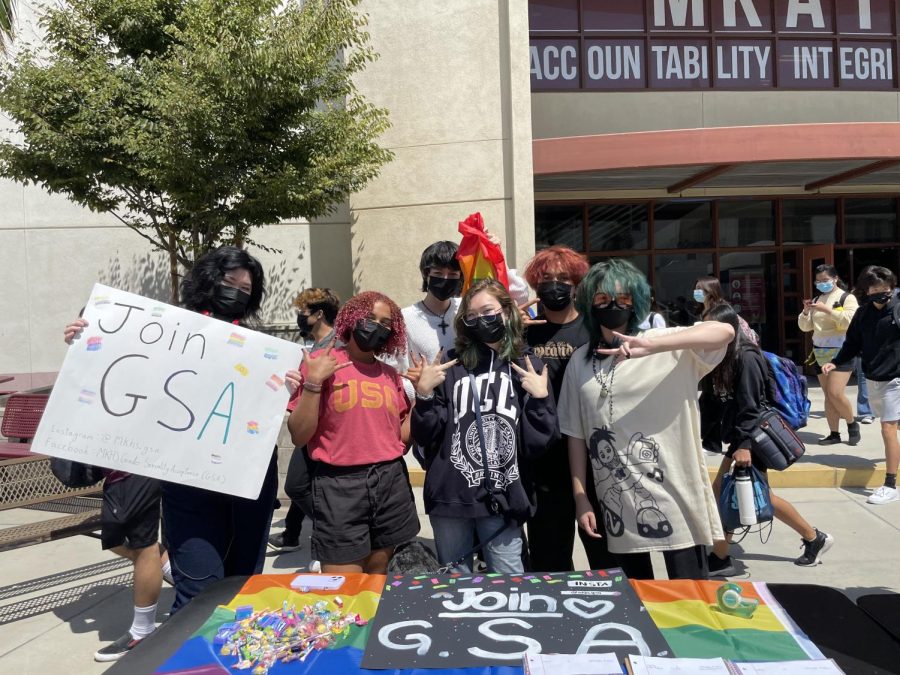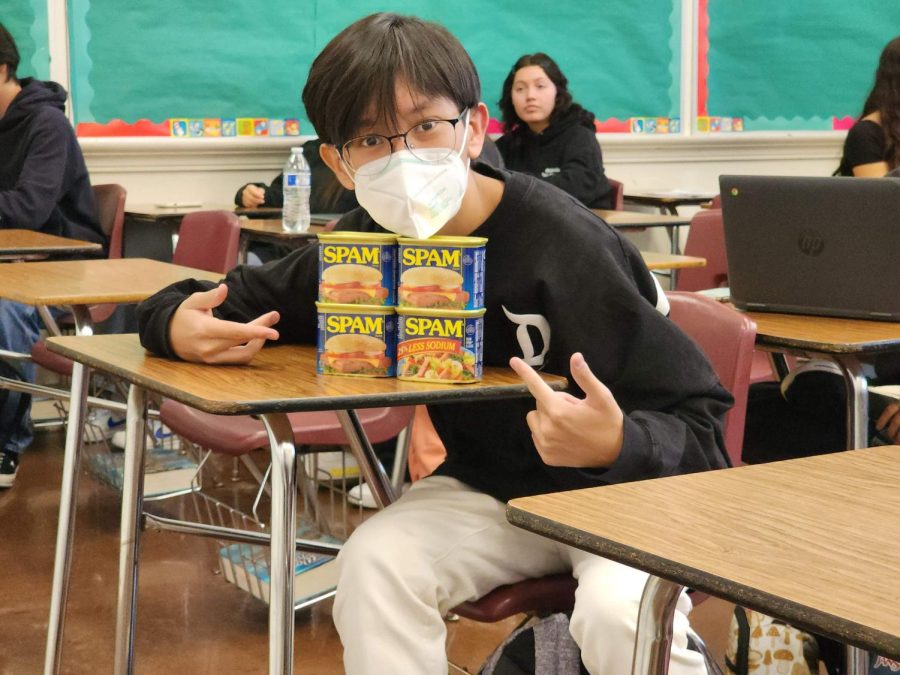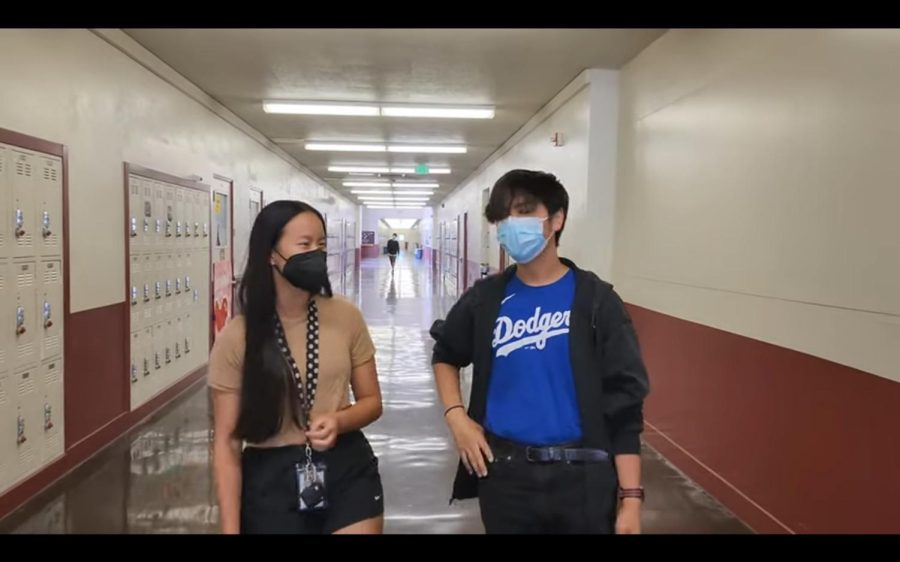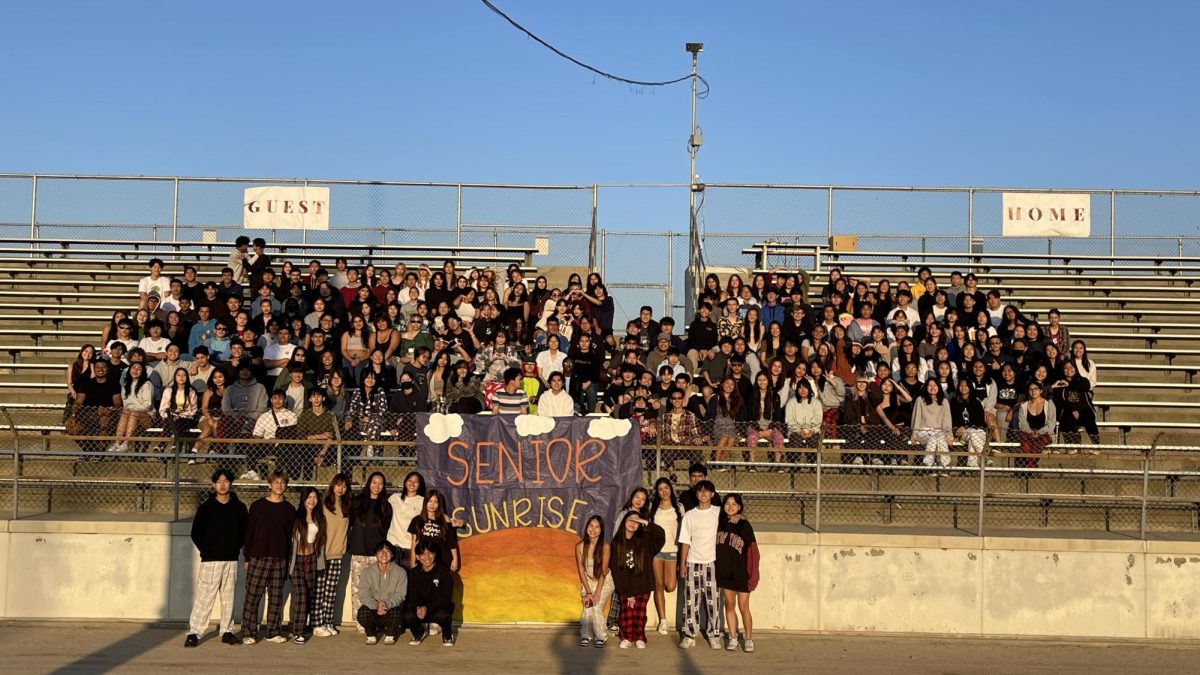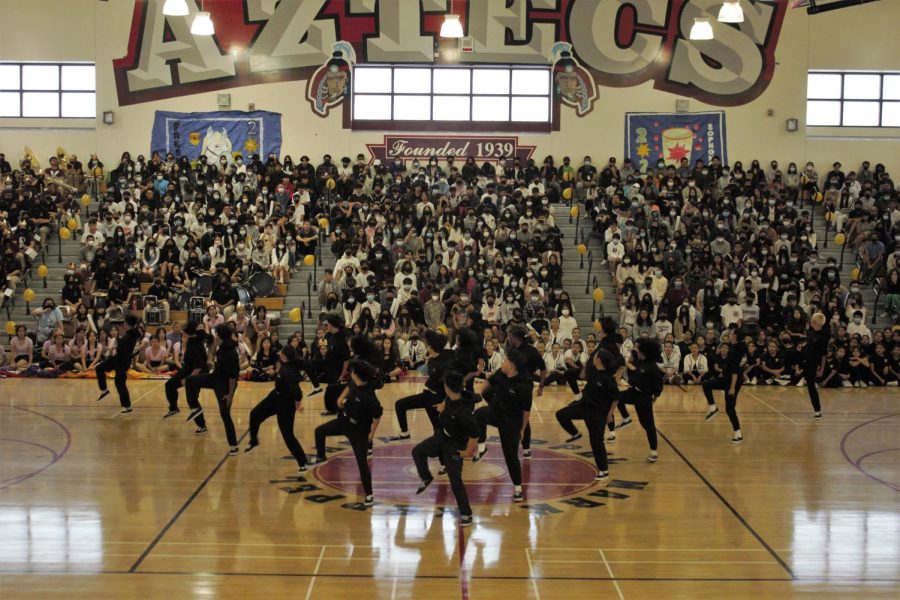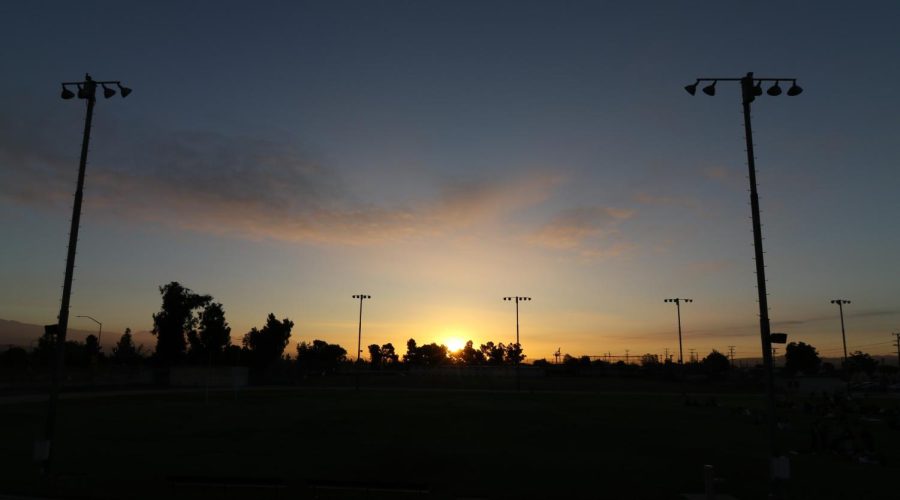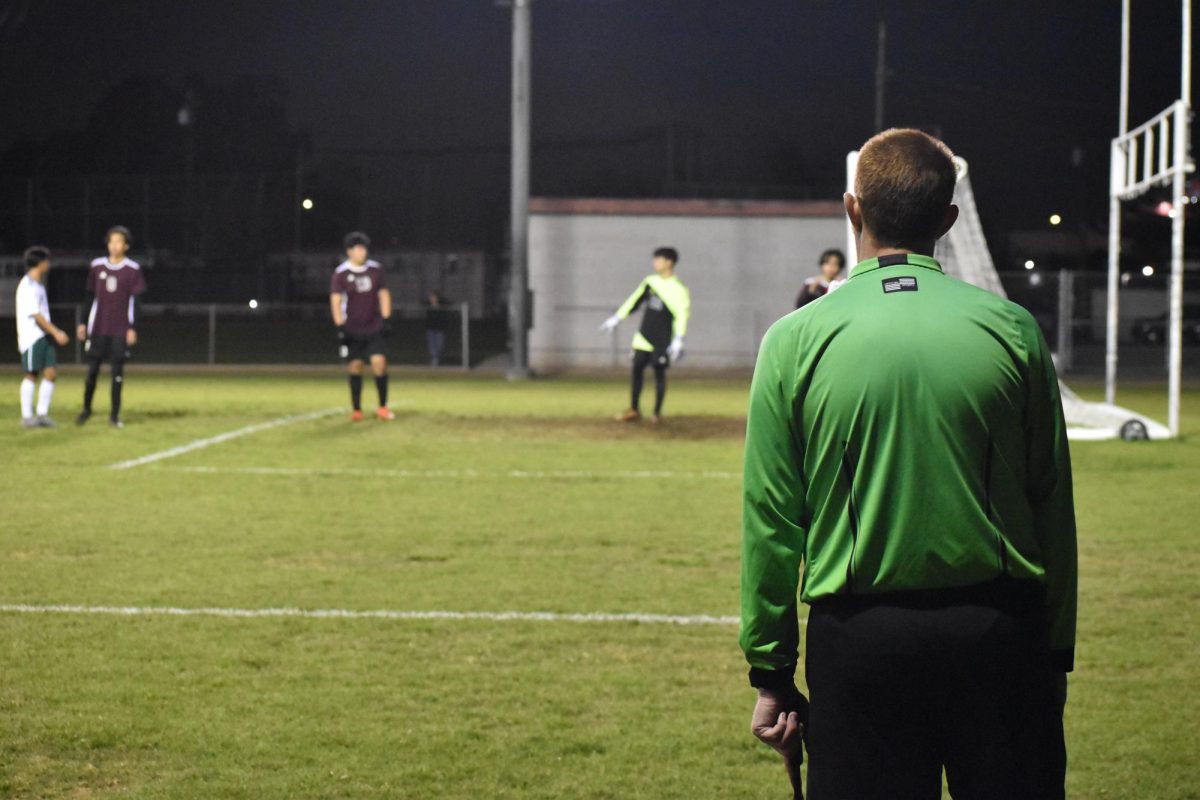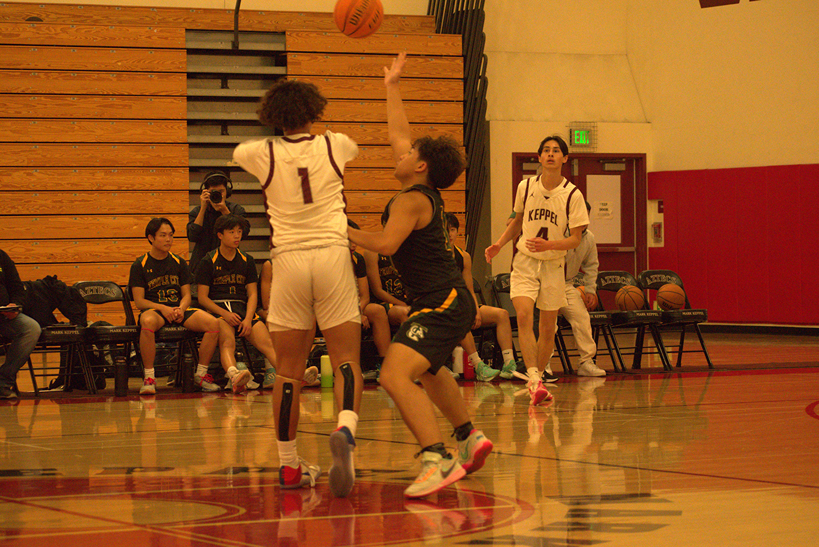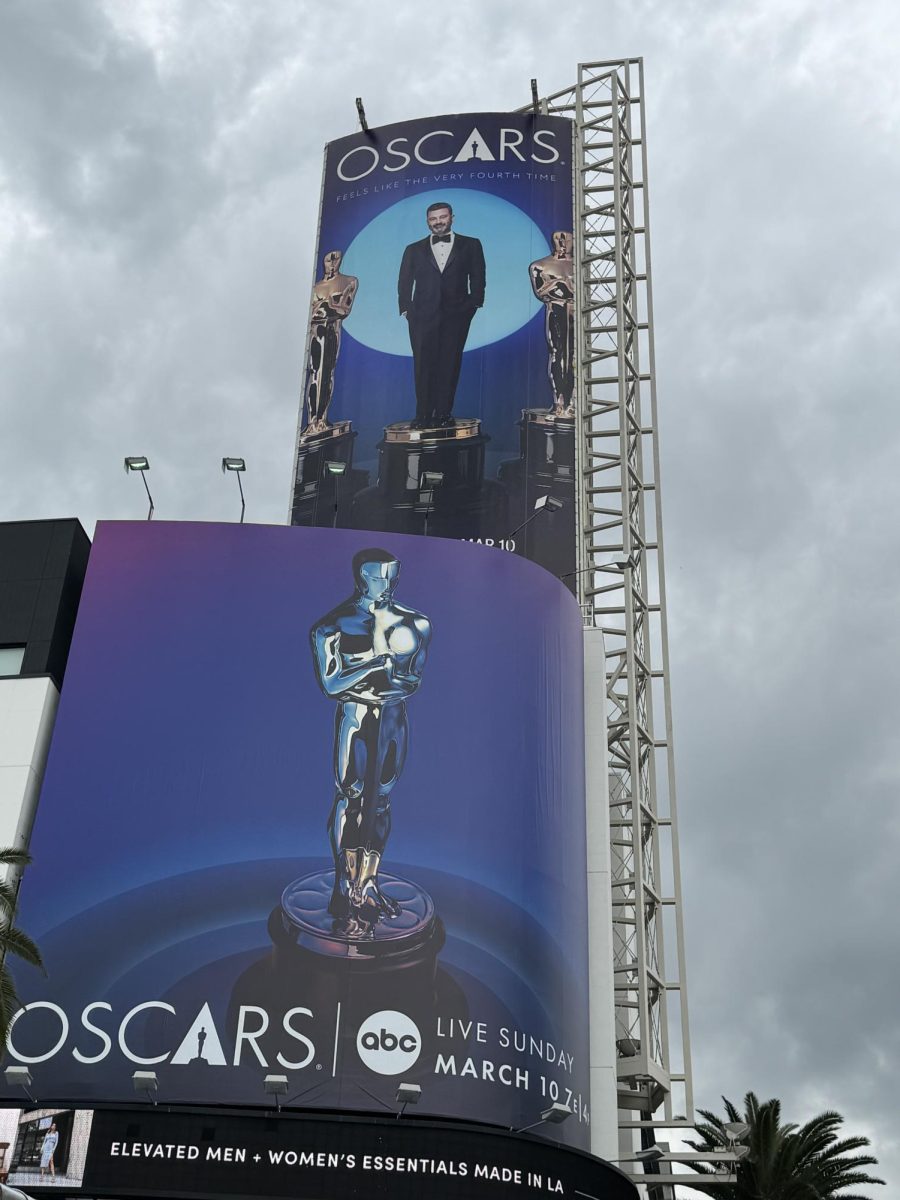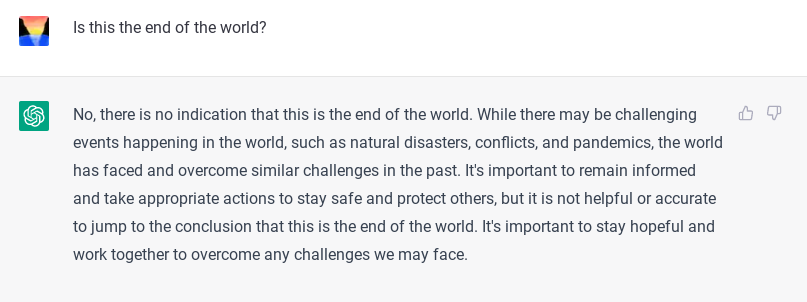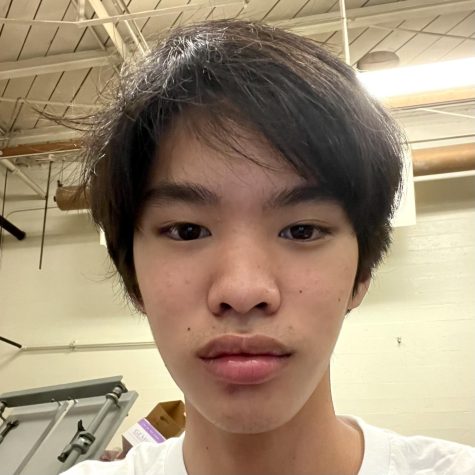The TikTok-ing Time Bomb
April 25, 2023
The hearing between the United States House on Energy and Commerce Committee and TikTok CEO Shou Zi Chew, titled “TikTok: How Congress Can Safeguard American Data Privacy and Protect Children from Online Harms,” was held on March 23, 2023 to discuss the danger on potential violations on data privacy.
Concerns on the connections between Tiktok’s parent company, ByteDance, and the Communist Party of China along with fears over additional foreign access to data has sparked a possibility for a ban of TikTok in the United States. The chair of the committee, Republican Cathy Rodgers of Washington, blatantly stated, “TikTok is a weapon for the Chinese Community Party to spy on you,” and “Your platform should be banned,” towards Chew.
During the five-hour hearing, TikTok’s CEO Shou Zi Chew disproved their claims of TikTok sharing data with the Chinese government, stating that “TikTok, as a U.S. company incorporated in the United States, is subject to the laws of the United States. Tiktok has never shared or received a request to share U.S. user data with the Chinese government.” Even with frequent interruptions from the members of US congress, Democrat Congressman Tony Cardenas called Chew a “good dancer with words” and accused him of avoiding questions.
At Mark Keppel High School, it was found that most students interviewed have TikTok and use it almost every day. The vast majority of them also believed that it should not be banned due to its entertainment and educational capabilities.
Junior Travis Takaha, when asked if he heard of the potential TikTok ban, said, “Yes, it makes me nervous. I pray it don’t get banned…It is my entertainment, my butter to my biscuit, the milk to my cereal, the roux to my gumbo, the cream to my ice. TikTok is my motivation to wake up everyday.” His passionate and poetic defense on the persistence of the app is reflective of the millions of teenagers amongst the app as many took the court hearing into their own hands by creating their own short videos to jump in defense of Chew while calling out the illogical points made by representatives of the ban. The song, “Mr. Chu” by Korean Pop girl group Apink, resurfaced from its original 2014 release and became trending as an audio for TikTok videos because of the homophone between the title and the CEO’s last name.
Yes, it makes me nervous. I pray it don’t get banned…It is my entertainment, my butter to my biscuit, the milk to my cereal, the roux to my gumbo, the cream to my ice. TikTok is my motivation to wake up everyday.
— Travis Takaha
Junior Michell Wu said that she disagrees with the potential TikTok ban and said, “I have learned all kinds of things from TikTok that I wouldn’t have learned anywhere else.” For example, there are content creators on the platform that are solely dedicated to specific school subjects and hacks for everyday life. In honor of the upcoming AP season, some educators give tips and tricks on how to pass the exams, such as Jordan Dischinger-Smedes, an AP Environmental Science teacher At Grand Preparatory High School, going by “@apesvseverybody” on TikTok.
Senior Natalie Chan, when asked for her thoughts on the hearing, said, “There was a lot of racism and discrimination towards the CEO, but overall, it was pointless because he couldn’t really answer the questions.” Many TikTok users on the app have also called out the hypocrisy between the hearings of TikTok CEO Shou Zi Chew and Facebook’s CEO Mark Zuckerburg saying that U.S. lawmakers were not so aggressive with Zuckerberg and that it seemed like they were bullying Chew.
Similarly, junior Carissa Grosz who uses TikTok every once in a while believes that TikTok should not be banned, however, she “wouldn’t be too worried if it were” and believes that the ban “won’t be too detrimental.” To the American residents that are dependent on the app for their daily entertainment fix, however, it is significant and it will be detrimental. Over the years, the platform has gained a user-base of a whopping 150 million Americans. According to The New York Times “What Students Are Saying About Banning TikTok,” people also argue that the ban would be a violation of the first amendment and should not be a priority because there are bigger problems plaguing the government.
Junior Camila Torres who uses TikTok every day said, “I see where the US Congress is coming from but I think they were very inefficient in proving their claim.” Contrastingly to the other interviewees, she believes that TikTok should be banned stating that, “I would be sad to see it banned but deep down I know it would be for the best since it is a huge distraction for a lot of students…Sometimes greater measures have to be taken for the benefit of everyone.” Continuing on, she clarified, “Although I think the app itself is not the problem but rather how people use it just like any other social media platform. I do believe it is the most addictive app towards children and teens.” According to a Pew survey, two-thirds of American teenagers use TikTok and spend an average of 113 minutes on TikTok.
The Deputy Director of China’s Ministry of Foreign Affairs, Mao Ning, condemned the US lawmakers by describing it as a “xenophobic witch hunt” while adding that China will never ask firms or individuals to violate laws by providing or collecting data stored in other countries.

